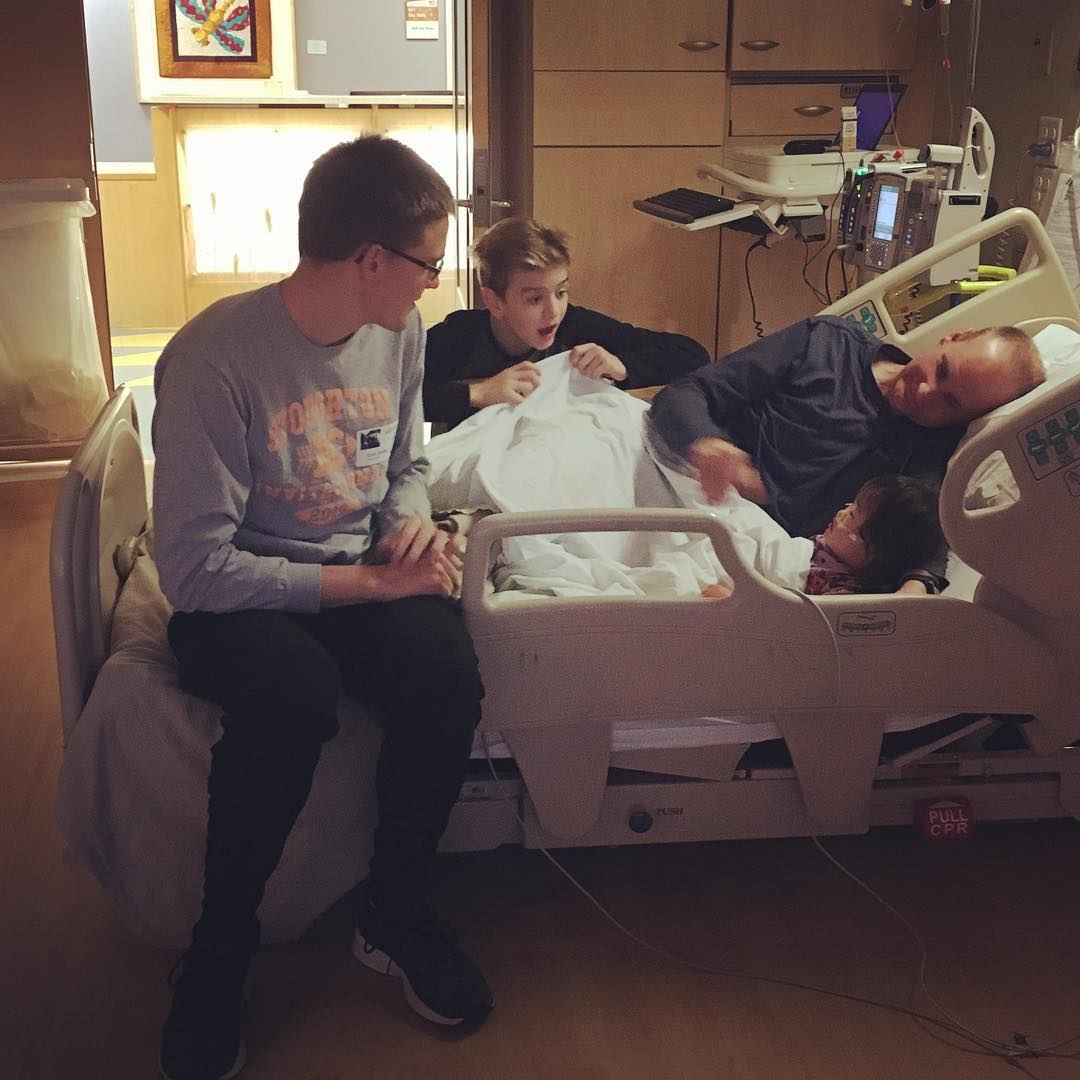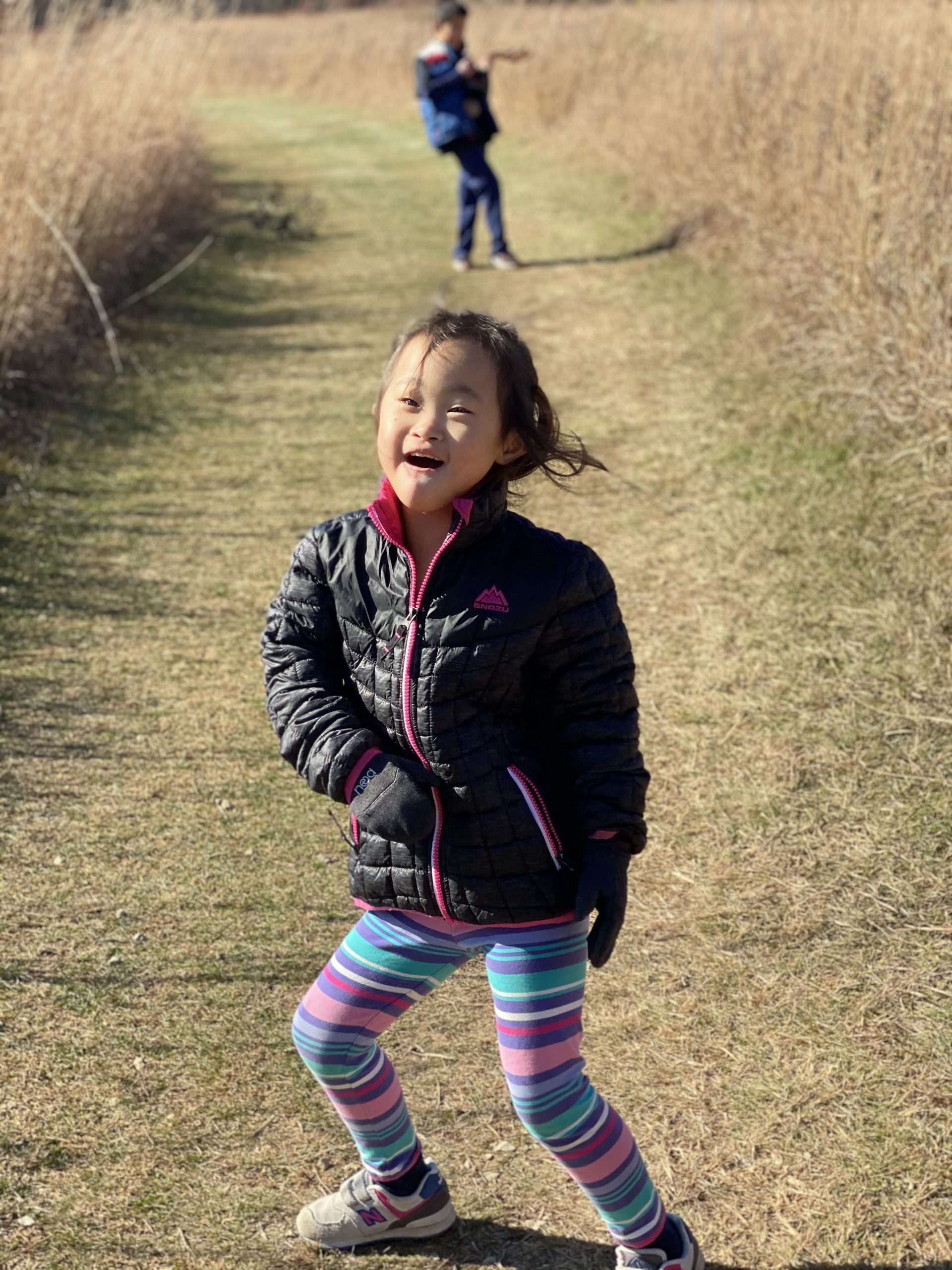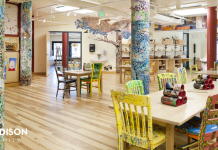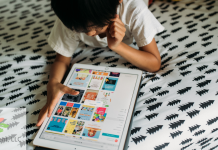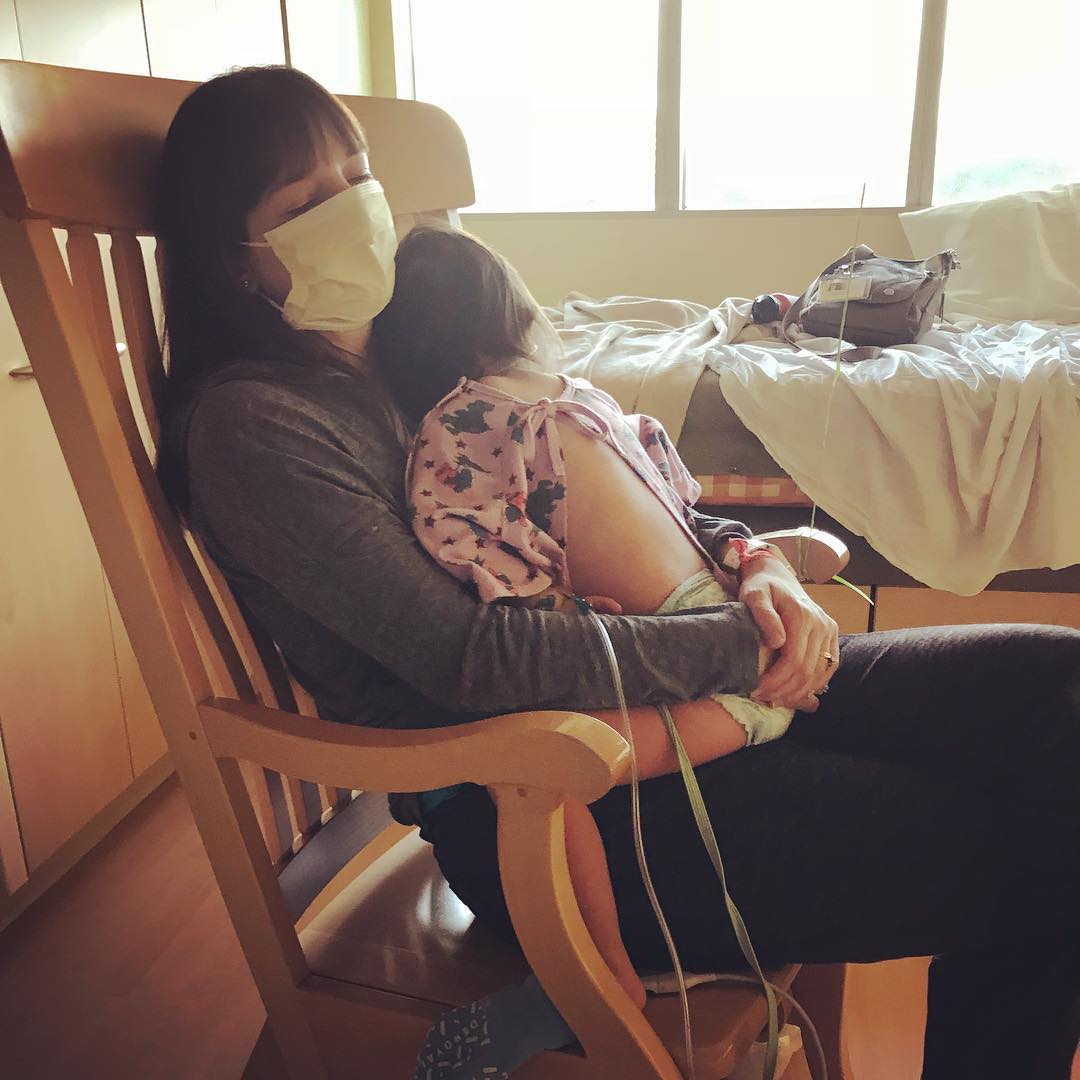 We say it with a hint of sarcasm, but my kids all know that we’re serious. Any decisions made over the last year as to what we should or should not do when it comes to to the virus comes with one response: Don’t kill your sister.
We say it with a hint of sarcasm, but my kids all know that we’re serious. Any decisions made over the last year as to what we should or should not do when it comes to to the virus comes with one response: Don’t kill your sister.
Three years ago we almost lost our youngest daughter. What started out as simple strep throat turned into toxic shock syndrome overnight. One day we were celebrating Thanksgiving with our family, the next day we were in the PICU being told she may not make it. What followed were weeks and weeks in the children’s hospital, fighting for our girl. I am not exaggerating when I say this experience changed us as parents and changed her older brothers forever.
While most teenagers were going to after school activities, our boys were running to the grocery store, watching their younger brothers and visiting their sister in the hospital. When most teenagers were hanging out with their friends and playing video games, our boys were googling her diagnosis, realizing that their little sister may lose her life.
Through this experience our kids have gained a greater understanding of life and death. They have a greater appreciation for health and have priorities set a little differently than those who have not had such experiences. We aren’t sorry about that. As Stephen Colbert has said, we, “love the thing that I most wish had not happened.”
So when a global pandemic hit, we became increasingly concerned at how dangerous this could be for our girl. And while we kept hearing how TYPICAL kids would most likely be fine, we knew that with Down syndrome, she faced a very different challenge.
I stayed up many nights thinking that if there was a shortage of ventilators in the children’s hospital, a typical child would get priority over her. You may find that statement dramatic, but if you do some research you will find that sometimes, people with disabilities do not get the same considerations in the medical community as typical people. Was I wrong? I didn’t want to find out.
So when people started to get upset that there were not in person activities and in person school, it saddened us to realize that they weren’t thinking of families like ours. The arguments that going back to in person school is “totally safe” did not apply to our family. Sure, it is be conceivably safe for the families who don’t have a medically fragile family member. But for those of us who do, that safety is not guaranteed.
What we are talking about here, is ableism. The idea and expectation that our world is built for those who are “healthy,” who are “typical” in both physical and cognitive abilities. Those who are differently-abled should conform to the able-bodied world. Or, those who are not typical should just stay home so that others can go on with their lives. The families who do not for a second, consider families like mine but want to fight for their own child’s “rights” for education or activities do not consider that my family has “rights” too. And, our fight for equity and understanding has been hard.
And yes, every child in our country has had to sacrifice. Many people in this country are struggling mightily with their mental health. Every adult who has had to take time off work or quit their job to care for children, every job loss, every person who got this terrible virus and suffered or died. There is so much pain and loss this year (not to mention the political and racial tensions).
Meanwhile, our family has taken every opportunity to do as much as we can outside safely, but I know it’s not nearly enough.
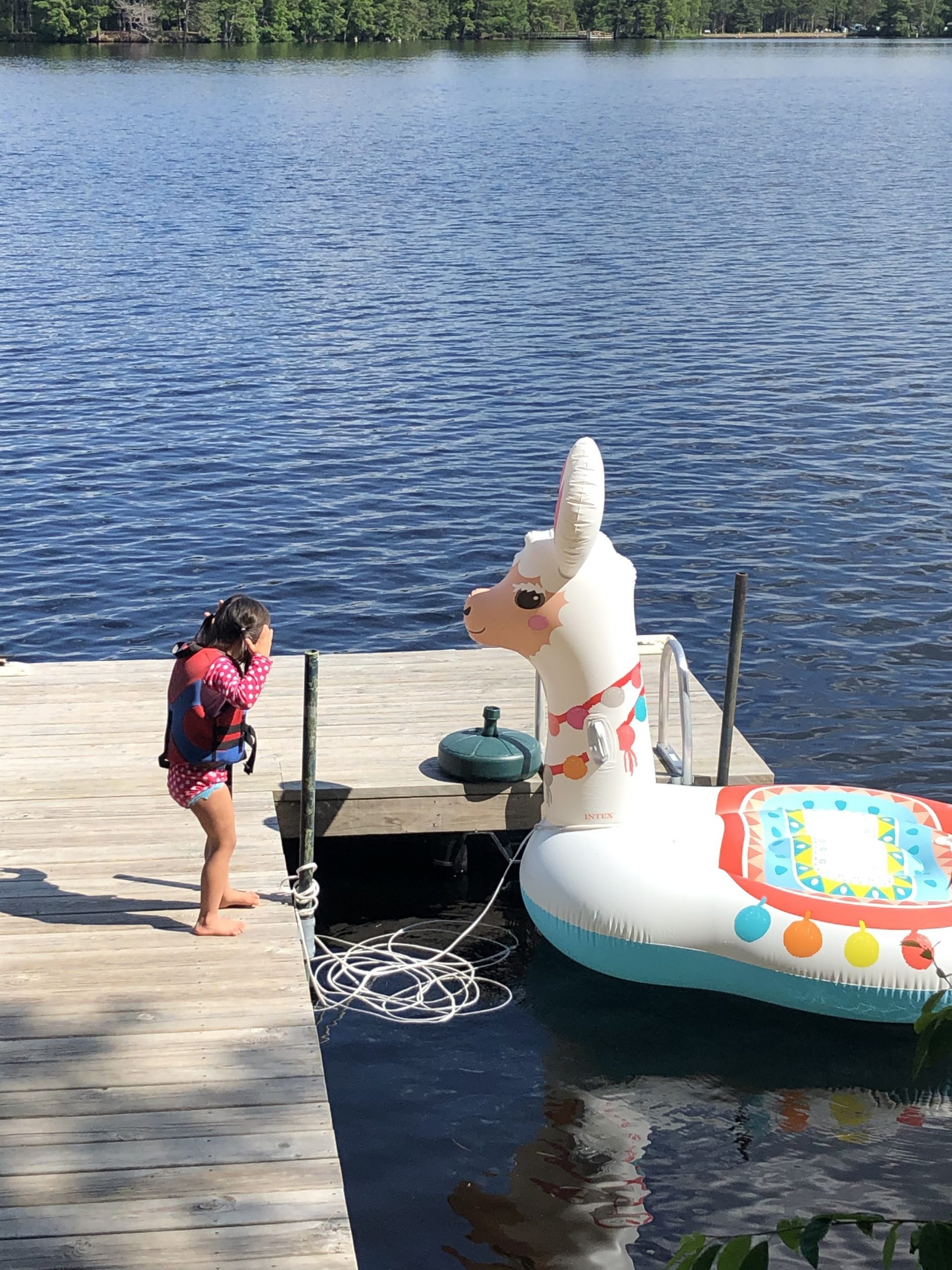
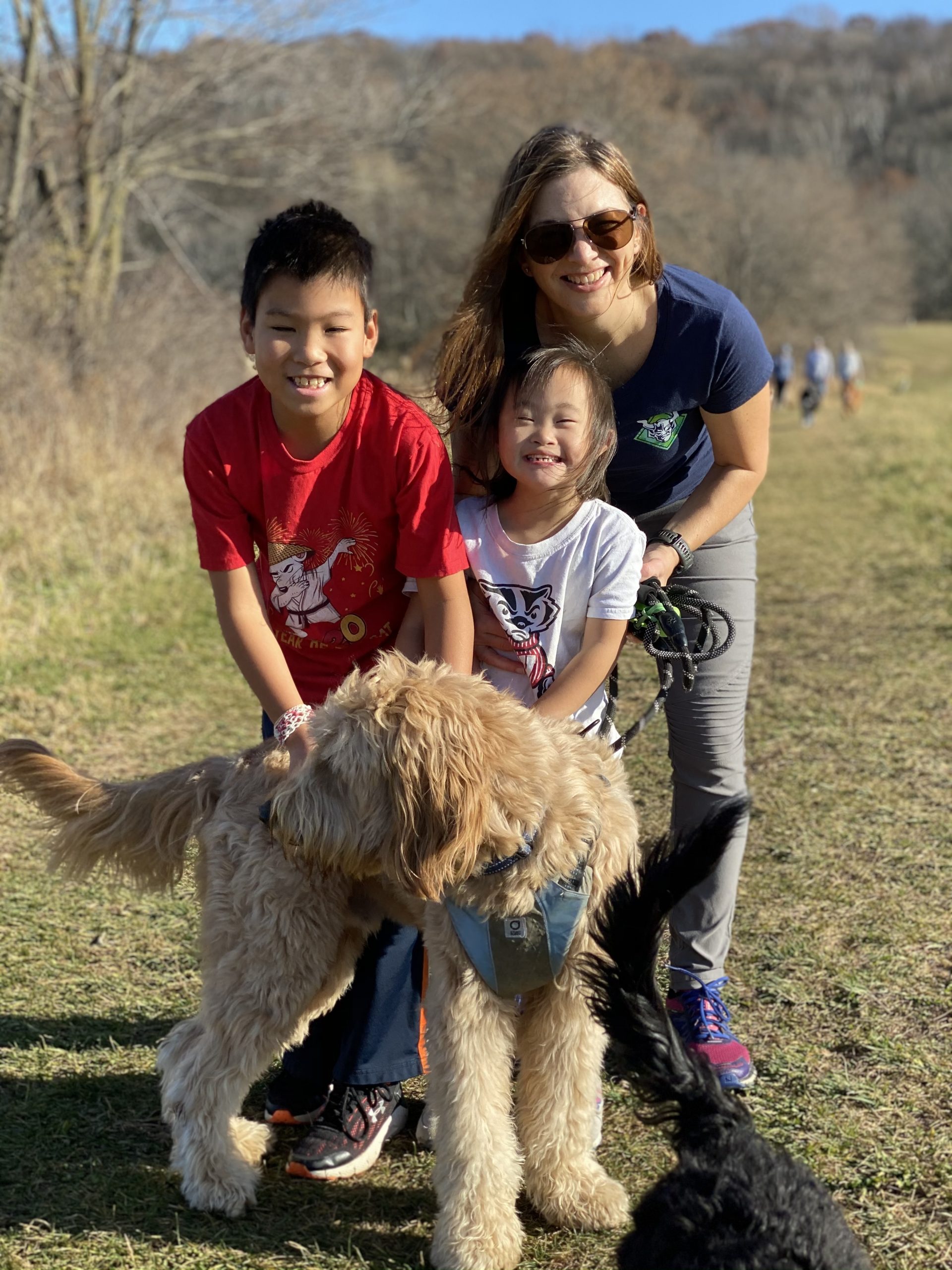
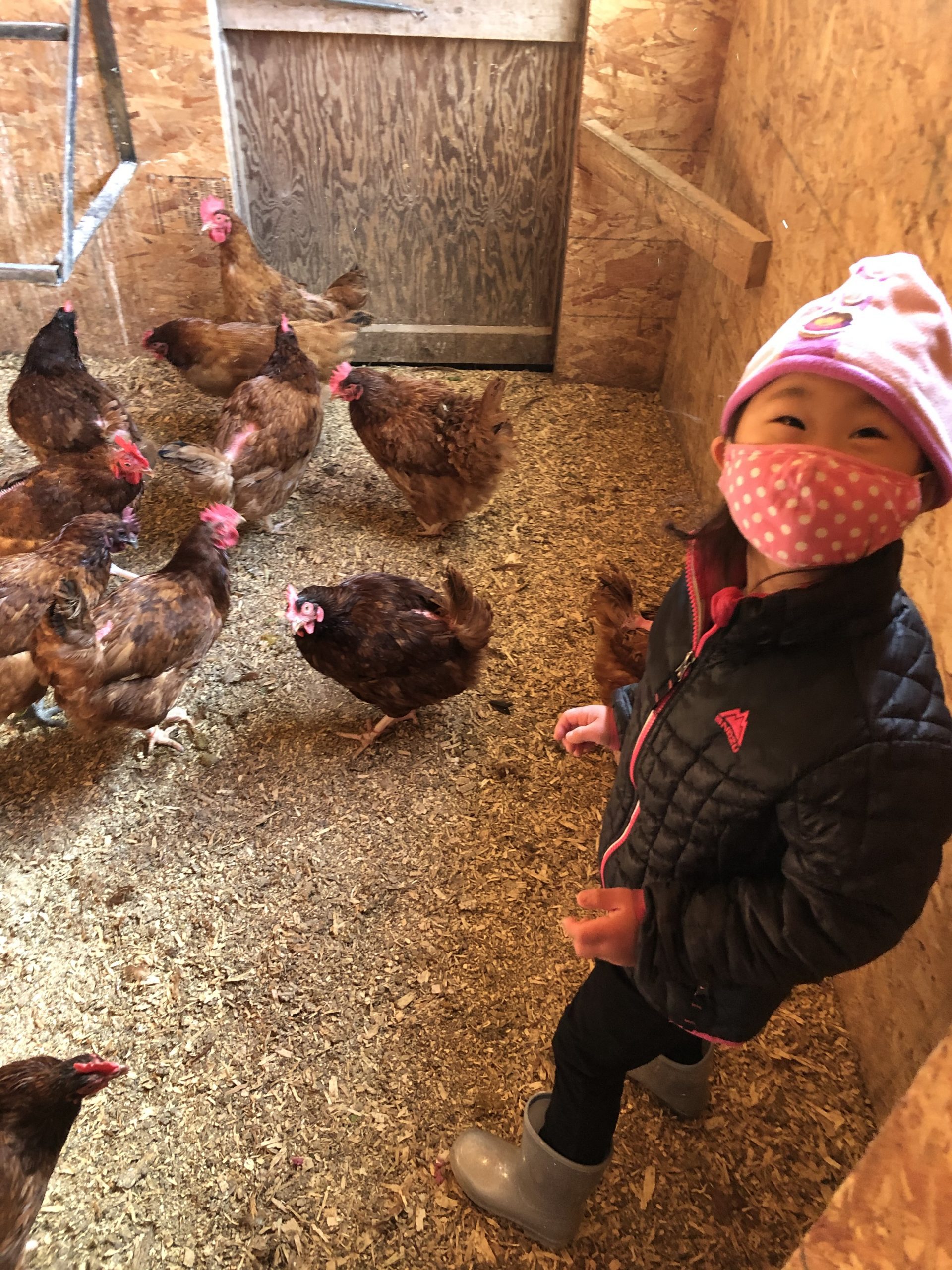
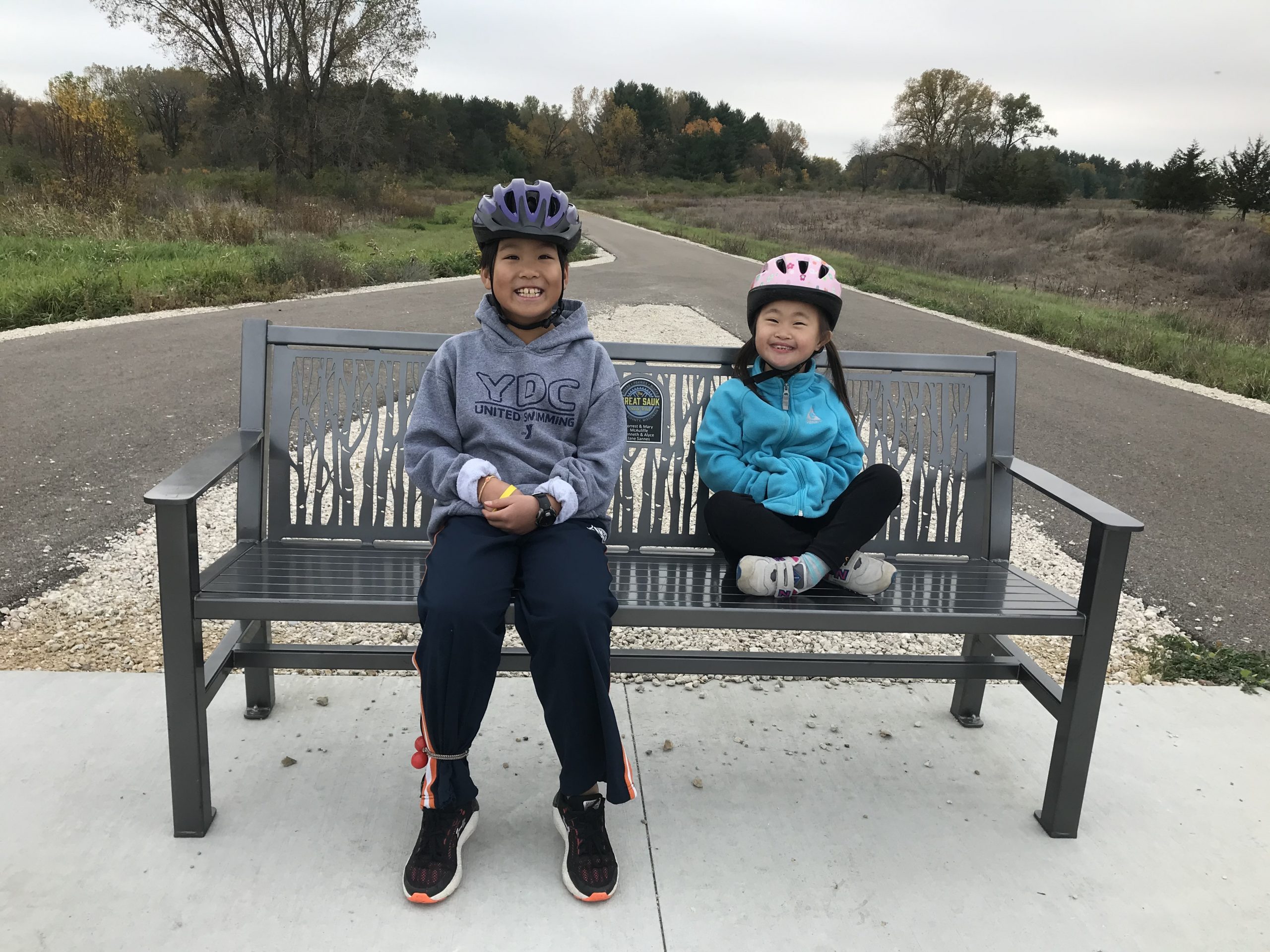
Come fall, things got hard. Others around us had started to make decisions that we could not. Attending a dance class that was socially distant became so uncomfortable for our teenager, who has been doing dance class since he was six, that he dropped out. The fear of bringing home the virus and killing his little sister was too much for him to bear.
Kids aren’t supposed to have to do this. They aren’t supposed to make life and death decisions day in and day out. Teenagers are meant to leave the house, do some stupid stuff with their friends and launch into the world. They’ll always fiercely protect their sister because she’s worth it, and, I wish they didn’t have to.
In difficult times I always ask myself what I can learn. What I have learned is, our country has a long ways to go to provide equity for all. It will take a while for people to pause and look at our world through the eyes of those who have had to fight for a seat at the table. The silver lining in all of this is the teachers and staff at our school have done so much to support us. I’m grateful that we are not alone. There are many other families like ours who are hunkered down at home as we are, protecting a loved one. I’m grateful more and more for the people who see us, who truly support us and work to understand perspectives outside of their own.





